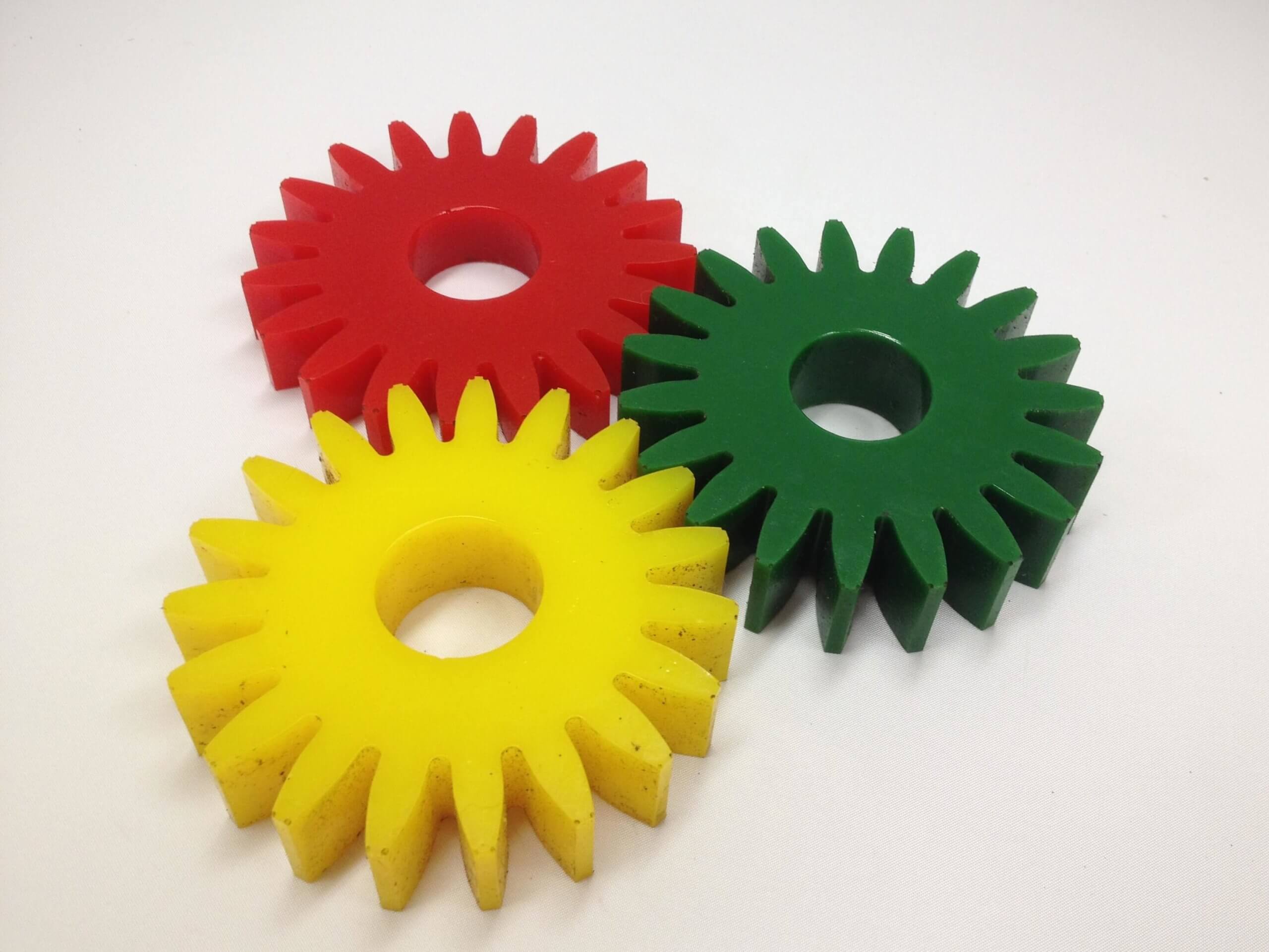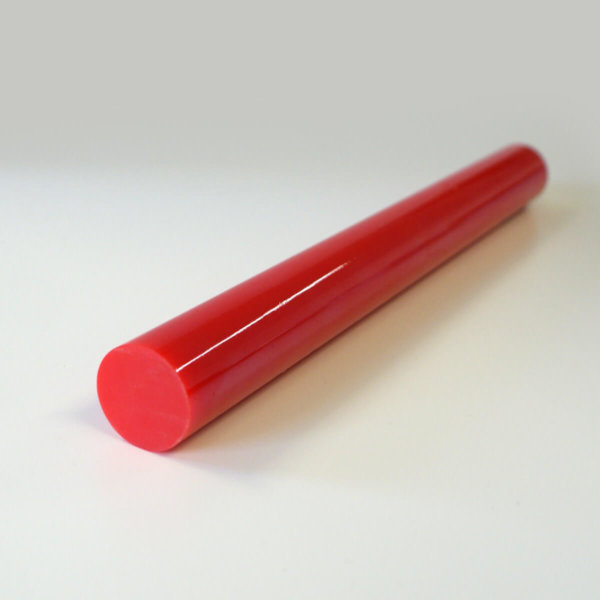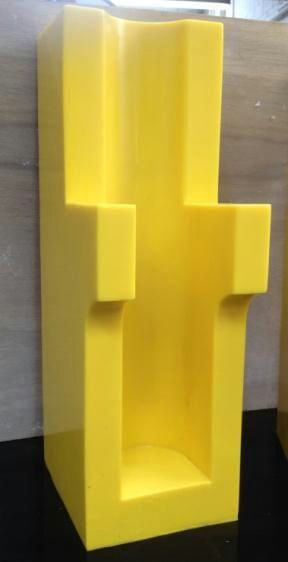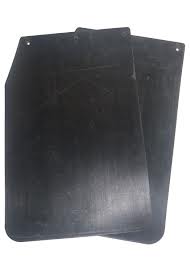Manufacturing engineers, machinery designers, grading operatives and a wide range of other industry professionals work with polyurethane star wheels every day. Did you ever stop to consider the role they play and the reasons they’re increasing made from polyurethane?
What’s meant by a star wheel?
Let’s start by looking at some of the other names used for this component, that may be more familiar to you. You could know them as separator wheels, harvesting wheels or de-stoning wheels.
Using the universal term ‘star wheels’ is clearly based on the fact they’re constructed with a central, circular body, supporting protruding points of various dimensions.
Star wheels are used for a diverse range of purposes, in multiple industries. For example, they’re commonly used in mining operations, sorting of aggregates, forestry, quarrying, agricultural enterprises and recycling plants.
The commonality between these various manufacturing, processing and cultivating industries is that they need to sort and filter materials.
As a substance of some kind moves through their operations, it needs to be screened. So, for example, polyurethane star wheels would help segregate waste materials or grade different constituents. A further illustration of this would be removing soil from foodstuffs, categorising ore on conveyor lines, or sorting vegetables into different size categories.
Quality polyurethane star wheels make these processes possible, at the same time as protecting the valuable materials as they transition to the next stage in their handling and quality control.
Sizing star wheels for manufacturing, cultivating and processing operations
As with any machinery component, there’s no such thing as ‘one size fits all’ for polyurethane star wheels. They can be involved in different mechanical processes, with different aims, even within the same piece of plant. It’s why custom moulded star wheels are so vital, as they need to be manufactured using precision tooling, according to the required fit, purpose and environmental conditions they face.
They can even be colour coded to help identify them.
The ultimate aim will always be a set of star wheels that withstands the load, temperature and other shop floor conditions, faultlessly spinning and separating according to their design properties.
Related article: How custom polyurethane parts are made
Why use Polyurethane for Star Wheels
Clearly, this component will often be operating at high speeds, and it needs to rotate seamlessly, for long periods of time, without being affected by abrasion, friction or weight pressures.
The density and calibration of each star wheel needs to be tooled to carry out its function reliably, preferably for a long time. If star wheels prove unreliable it doesn’t just impact on quality control, and time wasted further down the line to rectifying issues. Replacing any part of machinery causes downtime and production delays.
For these reasons and more, increasingly companies depend on polyurethane star wheels. They address many of the issues that have previously hounded this ‘humble’ component.
Related article: The history and uses of polyurethanes
Polyurethane properties for star wheel moulding
Polyurethane’s combination of polymers makes it an incredibly versatile and flexible material for moulding. It’s possible to precision tool this type of plastic into a vast range of shapes and sizes, and also to vary its elasticity and resistance values across a wide arc.
Despite its mouldability and flexibility, Polyurethane is also extremely hard and durable, making it exceptionally resistant to abrasion and friction even under pressure and at great speeds. This gives machinery operators confidence and control over key processes.
Related article: What are PU wheels?
More values of polyurethane star wheels
The structure – and intricate tooling capabilities – of polyurethane also provide it will the potential for highly fluid operation, with no tendency to jam. Even if star wheels come under unexpected pressure or weight levels, polyurethane ones will flex back to their original shape much easier than alternative materials.
The ability to adjust the density values of polyurethane star wheels, from super-hard to almost sponge-like, can also make screening processes far more precise.
It’s also the best material for star wheels to ensure they can withstand heat, oil, water and even solvents and other chemicals.
These machinery ‘stars’ can even be adjusted to control noise issues, as well as load-bearing and tear resistance! Which all ‘points’ to more great reasons to commission polyurethane star wheels
Want to find out how much it will cost to make your products?




